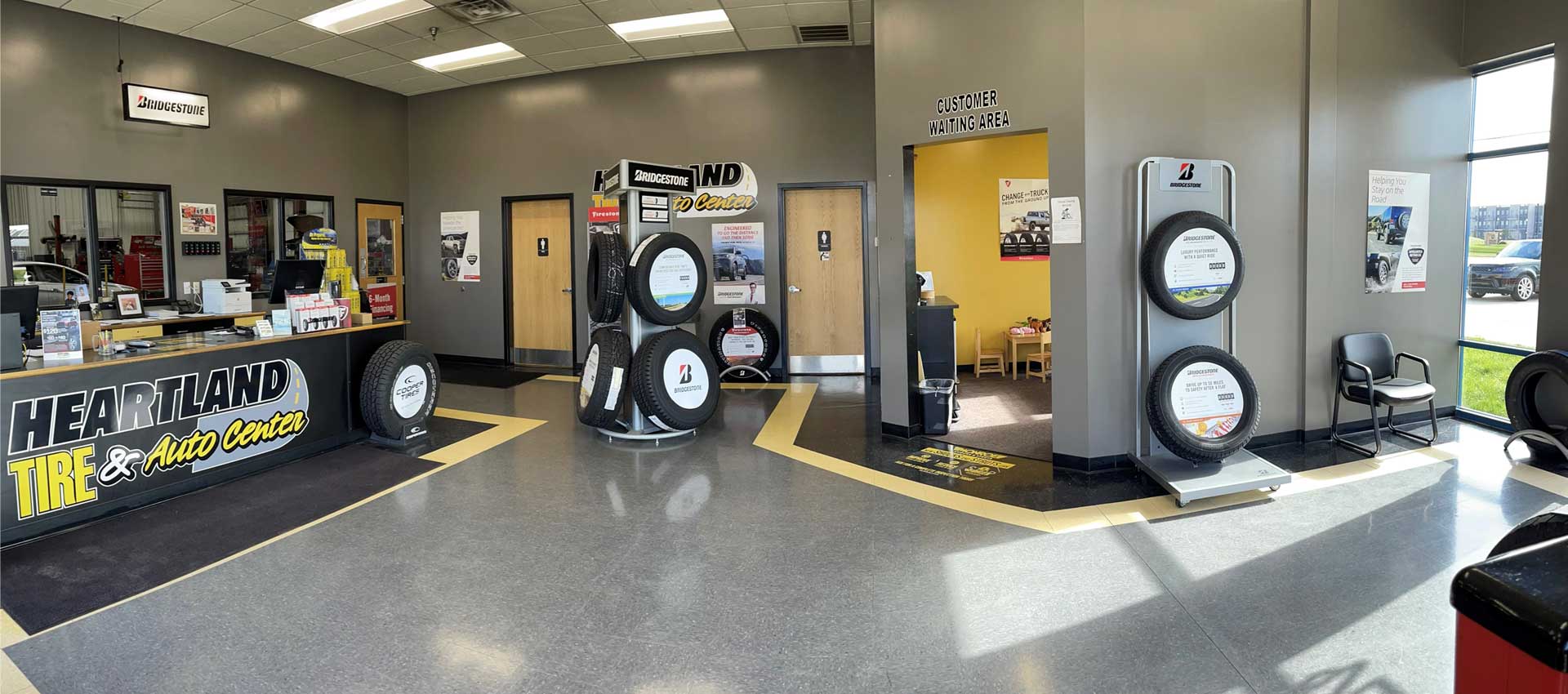Discover the most effective Tires Morris IL: Comprehensive Choice Offered
Discover the most effective Tires Morris IL: Comprehensive Choice Offered
Blog Article
Tire Service: Comprehending Tire Pressure Monitoring Systems
Recognizing Tire Stress Monitoring Solutions (TPMS) is a vital facet of maintaining optimal vehicle performance and safety and security when traveling. With advancements in vehicle technology, TPMS has ended up being a conventional attribute in modern cars, providing real-time info on tire pressure degrees. Delving much deeper into the ins and outs of TPMS, one can reveal the numerous components that compose this system and the value of each in ensuring accurate tracking. From straight to indirect TPMS systems, the landscape of tire pressure surveillance is varied, each with its one-of-a-kind set of benefits and considerations. Keep tuned to untangle the intricacies of TPMS, from maintenance suggestions to the indisputable advantages of maintaining your tires correctly inflated. mopar tire service specials.

Importance of TPMS
The value of Tire Stress Tracking Systems (TPMS) hinges on their capacity to enhance lorry security and efficiency via real-time surveillance of tire stress levels. Maintaining the proper tire stress is important for guaranteeing optimum handling, stopping, and total safety and security of a lorry. TPMS supplies drivers with instant responses on any overinflated or underinflated tires, enabling prompt modifications to be made.
Parts of TPMS
Comprising different crucial components, a Tire Stress Tracking System (TPMS) functions as a sophisticated security feature in modern-day lorries. The major components of a TPMS include sensors, a control module, and a warning indicator. Sensors are commonly located in the tire shutoff stem or affixed to the wheel setting up, where they measure tire pressure and transmit data to the control module. If it detects considerably reduced pressure in any of the tires, the control module processes this info and sets off a warning. The caution indication, typically a symbol on the control panel, signals the chauffeur to examine the affected tire or tires. Some advanced TPMS designs likewise show the real tire pressure analyses for each and every tire, supplying motorists with real-time information to make certain optimum tire efficiency and safety. By keeping track of tire pressure continually, TPMS aids protect against accidents, reduces tire wear, and enhances fuel performance, making it a critical part for automobile safety and performance.
Types of TPMS

On the various other hand, indirect TPMS depends on the automobile's wheel rate sensing units to check tire stress. This system detects underinflation by contrasting the rotational rates of the wheels. Indirect TPMS is less pricey than direct TPMS, as it uses existing sensors within the lorry.
While direct TPMS offers much more accurate readings, indirect TPMS is simpler in design and normally needs less maintenance. Both systems have their benefits and constraints, and the selection in between them frequently relies on factors such as price, vehicle make, and personal choice. Comprehending the distinctions in between these two kinds of TPMS can assist vehicle owners make notified choices pertaining to tire maintenance and security.
TPMS Maintenance Tips
Effective maintenance of TPMS is important for ensuring optimal performance and safety and security of your automobile. On a regular basis checking the TPMS sensors for any kind of damage or corrosion is crucial. Make certain that the sensing units are cost-free and tidy from debris that could disrupt my blog their functioning. Furthermore, it is suggested to check the sensing unit batteries occasionally and change them as required to ensure exact analyses. Conduct regular checks on the tire pressure levels and compare them with the TPMS analyses to ensure they are regular. If there are any kind of inconsistencies, recalibrate the system complying with the producer's standards. Additionally, during tire turning or substitute, make certain that the TPMS components are dealt with carefully to prevent any type of prospective damage. Lastly, if the TPMS warning light brightens on the control panel, deal with the issue immediately by examining the tire pressures and the total system for any type of faults. By sticking to these upkeep pointers, you can lengthen the life-span of your TPMS and boost the safety and security of your driving experience.
Benefits of Correct Tire Pressure
Keeping correct tire stress, as highlighted in TPMS Upkeep Tips, is vital for reaping the various advantages linked with important source ideal tire pressure degrees. One of the primary benefits of keeping the proper tire stress is improved gas performance. When tires are properly blown up, there is much less moving resistance, bring about far better fuel economic climate. In addition, appropriate tire pressure guarantees even tire wear, prolonging the lifespan of the tires and promoting safer driving conditions. With the appropriate tire pressure, cars also have better handling and traction, particularly in unfavorable weather. This can enhance general driving performance and safety for the driver and travelers. In addition, maintaining ideal tire stress can add to a smoother and much more comfy experience by decreasing resonances and noise triggered by underinflated tires. Finally, the benefits of appropriate tire pressure exceed just tire long life; they encompass enhanced fuel performance, enhanced security, better automobile performance, and overall driving convenience.
Conclusion
To conclude, comprehending tire stress surveillance systems (TPMS) is vital for maintaining optimal tire stress and making sure car safety. By identifying the value of TPMS, recognizing with its components, knowing the various kinds offered, sticking to correct maintenance suggestions, and understanding the benefits of preserving appropriate tire pressure, drivers can improve their driving experience and extend the life expectancy of their tires. Correct tire stress is key to secure and effective vehicle procedure.

Report this page